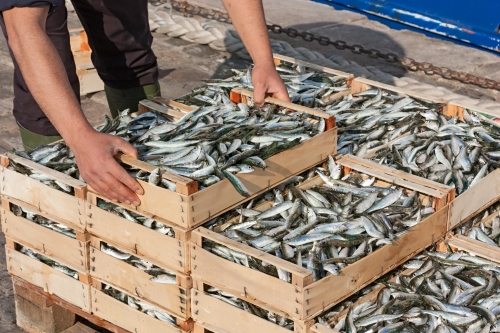UK-based Institution of Mechanical Engineers has called for urgent action to encourage the roll out of sustainable cold and frozen supply chain or “cold chain” in the developing world, in order to prevent unnecessary food loss, help alleviate hunger and improve global food security.
It is estimated that about 25% of food wastage in developing world could be eliminated with better refrigeration equipment, according to its report A tank of cold: cleantech leapfrog to a more food secure world.
It finds up to 50% of fruit and vegetables are lost in Sub-Saharan Africa and India, while Tanzania sees 25% of all milk produced in the wet season end up as wastage and 97% of its meat sold warm having never been chilled.
“Hunger, as well as illness from poor quality food, continues to be a significant problem in many parts of the world, and this is potentially set to get worse as global population rises,” says Dr Tim Fox, head of energy and environment.
“Governments and aid agencies simply funding the production of more food that is then spoilt and discarded is a poor use of the money, often from taxpayers or donations, and does not provide a long-term and sustainable solution to the problem of global poverty and local self-sufficiency.”
“We currently produce enough food, but the tragedy is that too much of it is lost unnecessarily through spoilage in developing countries, where it is most needed, due to inadequate infrastructure and in particular a lack of cold and frozen supply chains.”
“Investment in cold chain infrastructure driven by renewable energy is the key to preventing these losses, alleviating world hunger and improving health,” he says.
“It also presents farmers and rural communities with attractive business opportunities for development.”
“Donor governments such as the UK and US, non-government organizations (NGOs) involved in development initiatives and retailers establishing supply chains, need to prioritize investment into affordable, reliable and sustainable cold chain infrastructure.”
“This includes combining renewable energy with innovative technologies for producing both power and cooling, such as for example cryogenic energy storage using liquid air or nitrogen.”
Many developing countries have little or no connectivity to a large-scale electricity grid.
About 70% of people in sub-Saharan Africa have no access to electricity at all and 350 million people in India are located off-grid in rural locations.
Recommendations
Building on existing ambitions for electricity access and energy security, governments of these countries have a role to play in encouraging development of community renewable energy projects with energy storage to provide the cold/freezing needed for effective rollout of sustainable cold chains.
The Institution’s key recommendations in this new report are:
1. Governments of newly emerging and rapidly industrialising economies must prioritise support investment in cold chain infrastructure to improve food security, underpin development and help alleviate poverty.
2. Donor country governments and development NGOs must support and incentivize aid recipients to develop sustainable cold chains using renewable energy and waste cold.
3. The UK engineering community should come together to define in detail the potential opportunities a joined-up cold economy presents for the developed and developing world.










